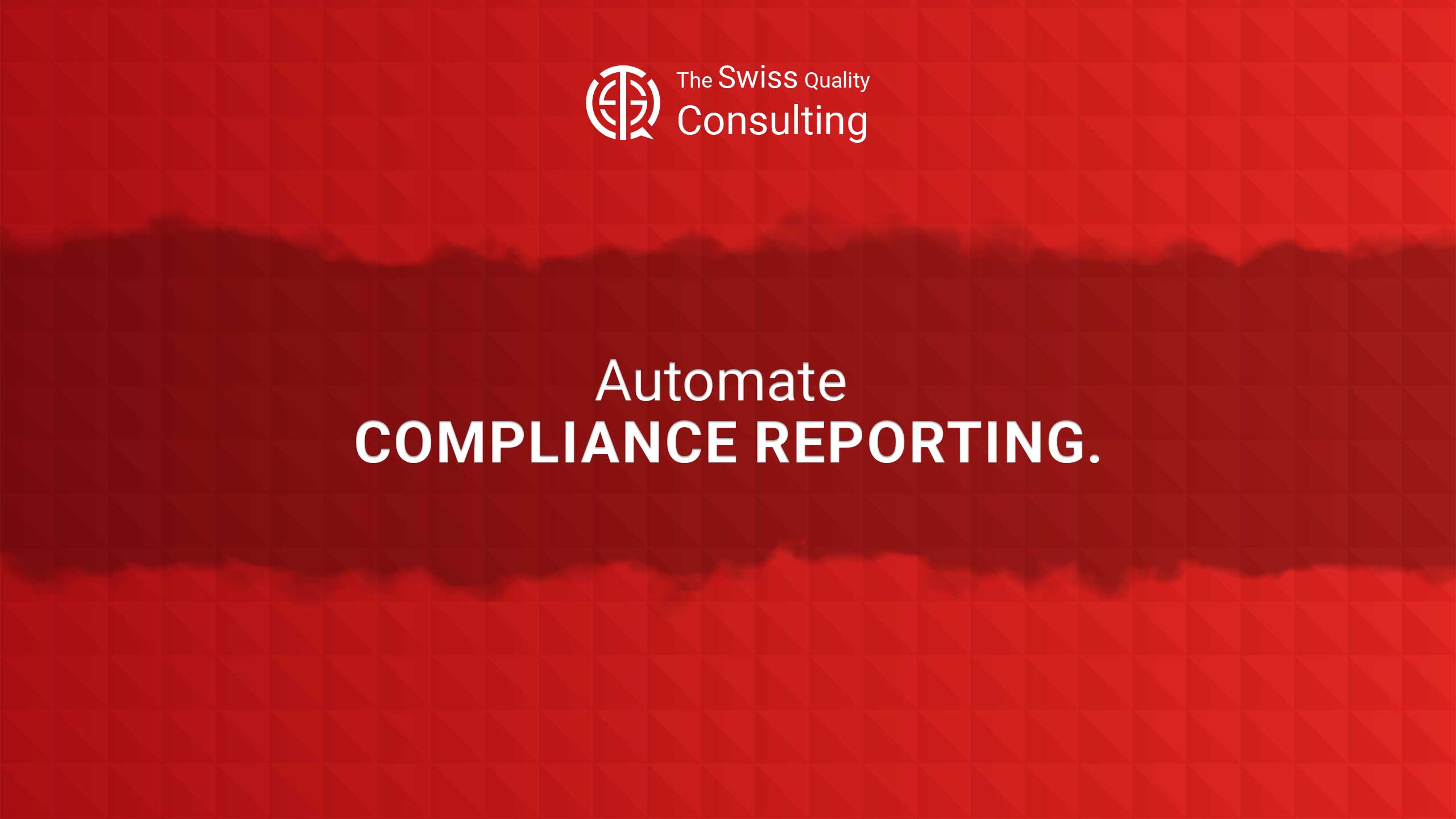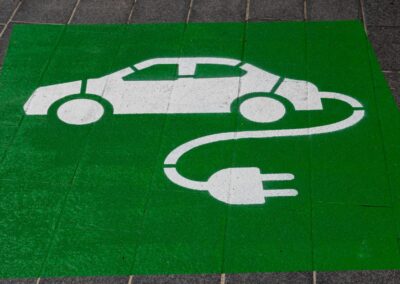Harnessing the Power of Renewable Energy for a Sustainable Future
Introduction to Renewable Energy Advancements
The continuous evolution of advancements in renewable energy technologies has become a critical driver in addressing global challenges related to climate change and sustainability. As nations around the world, including Saudi Arabia and the UAE, strive to reduce their carbon footprint, the development and implementation of renewable energy sources are essential. These advancements not only mitigate environmental impacts but also offer economic and social benefits.
Innovations in solar, wind, and other renewable energy technologies have significantly improved their efficiency and affordability. For instance, solar photovoltaic (PV) cells have seen tremendous advancements, making solar energy one of the most viable alternatives to fossil fuels. Wind energy technology has also evolved, with the development of larger and more efficient turbines that can generate more power even at lower wind speeds. These technological strides are crucial for countries like Saudi Arabia and the UAE, which have abundant solar and wind resources.
Moreover, the integration of Artificial Intelligence (AI) and blockchain in renewable energy systems is enhancing their effectiveness. AI algorithms can optimize energy production and consumption, predict maintenance needs, and manage energy grids more efficiently. Blockchain technology ensures transparency and security in energy transactions, facilitating the growth of decentralized energy markets. These technologies are paving the way for a more sustainable and resilient energy infrastructure.
Economic and Social Impacts of Renewable Energy
The shift towards renewable energy is not just an environmental imperative; it also brings substantial economic and social benefits. In regions like Riyadh and Dubai, investment in renewable energy projects creates new business opportunities and job growth. The renewable energy sector is labor-intensive, offering a wide range of employment opportunities from research and development to manufacturing and installation.
Furthermore, advancements in renewable energy technologies contribute to energy security by reducing dependence on imported fossil fuels. This shift enhances economic stability and resilience against volatile global energy markets. For businesses and entrepreneurs, the renewable energy sector offers lucrative investment prospects and a chance to contribute to a sustainable future.
Socially, renewable energy projects can improve the quality of life by reducing air pollution and associated health risks. Access to clean energy can also support educational and healthcare services, particularly in remote and underserved areas. By promoting sustainable practices and reducing environmental degradation, renewable energy technologies can help build healthier and more prosperous communities.
Challenges and Solutions in Renewable Energy Implementation
Despite the numerous benefits, the widespread adoption of renewable energy technologies faces several challenges. One of the primary obstacles is the intermittent nature of renewable energy sources like solar and wind. Energy storage solutions, such as advanced batteries and pumped hydro storage, are essential to ensure a stable and reliable energy supply.
Infrastructure development is another critical challenge. Building and maintaining renewable energy infrastructure requires significant investment and planning. Policymakers and industry leaders in Saudi Arabia, the UAE, and other regions must collaborate to create supportive regulatory frameworks and financial incentives to encourage investment in renewable energy projects.
Public awareness and acceptance are also crucial for the successful implementation of renewable energy technologies. Education and outreach programs can help communities understand the benefits of renewable energy and dispel myths and misconceptions. By fostering a culture of sustainability, society can collectively work towards a greener future.
Strategic Approaches to Advancing Renewable Energy
Innovative Policy and Regulatory Frameworks
To accelerate the adoption of renewable energy technologies, innovative policy and regulatory frameworks are essential. Governments in Saudi Arabia, the UAE, and other regions must develop comprehensive strategies that include incentives for renewable energy investments, subsidies for clean energy projects, and penalties for high carbon emissions. These policies can create a conducive environment for businesses and entrepreneurs to invest in renewable energy technologies.
Collaboration between the public and private sectors is also vital. Public-private partnerships can drive innovation and deployment of renewable energy projects. By working together, governments, businesses, and research institutions can leverage their resources and expertise to overcome technical and financial barriers.
Moreover, international cooperation is crucial in sharing knowledge and best practices. Global partnerships can facilitate technology transfer, capacity building, and joint research initiatives. By learning from successful renewable energy projects worldwide, regions like Riyadh and Dubai can implement effective and sustainable energy solutions.
The Role of Technology in Renewable Energy Advancements
Technology plays a pivotal role in the advancement of renewable energy solutions. AI and machine learning algorithms are revolutionizing the way renewable energy systems are managed. These technologies can analyze vast amounts of data to optimize energy production, predict equipment failures, and enhance grid stability. For example, AI can forecast weather patterns to predict solar and wind energy generation, allowing for better planning and integration into the energy grid.
Blockchain technology is also transforming the renewable energy sector. By enabling secure and transparent energy transactions, blockchain facilitates the development of decentralized energy markets. This technology can empower consumers to become prosumers, generating and trading their own renewable energy. In Dubai, blockchain-based energy trading platforms are already being piloted, showcasing the potential for wider adoption.
Additionally, advancements in materials science are leading to more efficient and cost-effective renewable energy technologies. Innovations in solar cell materials, wind turbine design, and energy storage solutions are driving down costs and improving performance. These technological breakthroughs are making renewable energy more competitive with traditional fossil fuels, paving the way for a sustainable energy transition.
Future Prospects and Global Impact
The future of renewable energy is promising, with continued advancements in technology and increasing global commitment to sustainability. As countries like Saudi Arabia and the UAE invest in renewable energy projects, they set an example for the rest of the world. These investments not only contribute to global efforts to combat climate change but also position these nations as leaders in the clean energy transition.
The global impact of renewable energy adoption extends beyond environmental benefits. By reducing greenhouse gas emissions, renewable energy technologies can mitigate the effects of climate change, such as extreme weather events and sea-level rise. This shift can also promote energy equity, ensuring that clean and affordable energy is accessible to all, regardless of geographic location or economic status.
As the world moves towards a more sustainable future, the role of renewable energy technologies will continue to grow. Business executives, mid-level managers, and entrepreneurs must stay informed about these advancements and explore opportunities to contribute to the renewable energy sector. By embracing innovation and sustainability, they can drive business success while making a positive impact on the environment and society.
—
#AdvancementsInRenewableEnergyTechnologies #ClimateChangeSolutions #Sustainability #RenewableEnergy #CleanEnergy #GlobalChallenges #SaudiArabia #UAE #Riyadh #Dubai #ArtificialIntelligence #ModernTechnology #BusinessSuccess #LeadershipSkills #ManagementSkills #ProjectManagement































